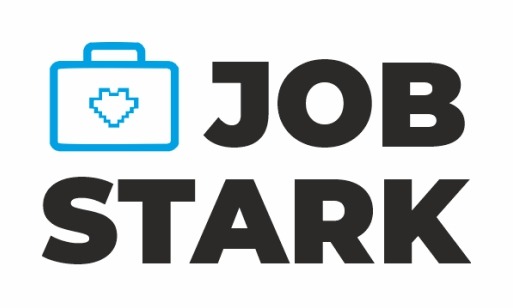Introduction
Work-related stress is a common challenge that many of us face in today’s fast-paced, demanding world. Juggling deadlines, managing office politics, and striving for professional growth can take a toll on our mental and physical well-being. However, it’s crucial to recognize that while work-related stress is almost inevitable, there are effective strategies to navigate and mitigate it. In this blog post, we will explore some practical tips to help you manage and reduce work-related stress, ultimately leading to a healthier and happier work life.
1. Identify the Source of Stress
The first step in managing work-related stress is to identify its source. Is it an overwhelming workload, difficult colleagues, or the fear of job insecurity? By pinpointing the root causes of your stress, you can develop targeted solutions to address them.
2. Set Realistic Goals
Ambition is a wonderful thing, but setting unrealistic goals can lead to excessive stress. Establish achievable, measurable objectives and break them down into smaller, manageable tasks. This approach allows you to track your progress and experience a sense of accomplishment along the way.
3. Time Management
Effective time management is an essential skill for reducing work-related stress. Prioritize tasks based on their importance and deadlines. Use time management tools, such as to-do lists or digital planners, to help you stay organized and focused.
4. Work-Life Balance
Balancing your professional and personal life is crucial for managing stress. Make an effort to disconnect from work when your day is over. Spend time with loved ones, engage in hobbies, and ensure you get enough rest. A healthy work-life balance not only reduces stress but also enhances your overall well-being.
5. Learn to Say No
It’s easy to become overwhelmed when you take on too much at work. Don’t be afraid to say no when you’re already at your limit. Communicate your boundaries with your colleagues and superiors. They will appreciate your honesty and respect your limits.
6. Seek Support
Talking to a trusted friend, family member, or therapist about your work-related stress can provide you with valuable emotional support. They can offer guidance, a listening ear, and different perspectives to help you navigate your challenges.
7. Healthy Lifestyle Choices
A healthy lifestyle can significantly reduce the impact of work-related stress on your body and mind. Regular exercise, a balanced diet, and sufficient sleep are all essential. Additionally, consider relaxation techniques such as meditation, yoga, or deep breathing exercises to calm your mind.
8. Professional Development
Investing in your professional development can boost your confidence and reduce feelings of insecurity. Enhancing your skills and knowledge can open up new opportunities and increase your job security, which can be reassuring in times of stress.
9. Conflict Resolution
If work-related stress is exacerbated by conflicts with colleagues or supervisors, address these issues directly. Effective communication and conflict resolution can improve working relationships and alleviate stress. Seek HR or mediation if necessary.
10. Take Breaks
Regular short breaks during the workday can help you recharge and refocus. A quick walk, a few moments of mindfulness, or even a power nap can be incredibly effective in reducing stress and improving productivity.
Conclusion
Work-related stress is a common challenge, but it doesn’t have to define your professional life. By employing these strategies and proactively managing your stress, you can create a healthier and happier work environment. Remember that everyone’s journey is unique, and what works for one person may not work for another. Experiment with different strategies and find the combination that suits you best. Ultimately, you have the power to navigate work-related stress and lead a fulfilling, balanced life in and outside the office.
